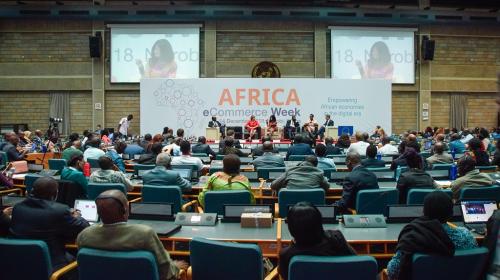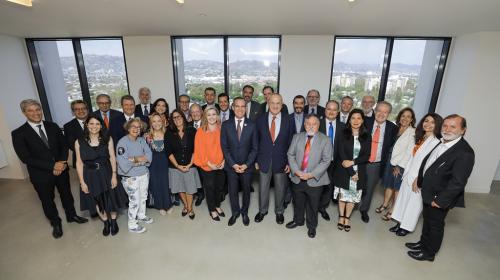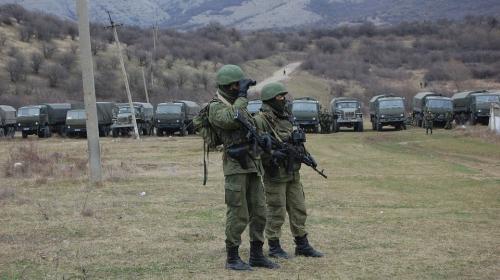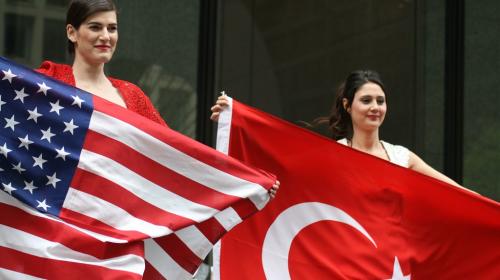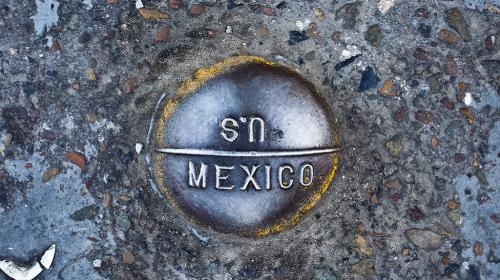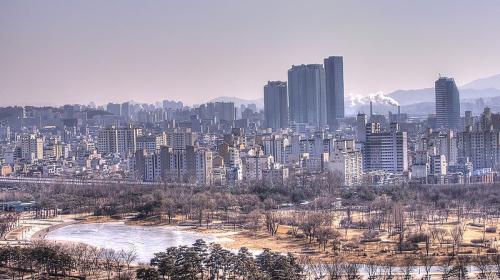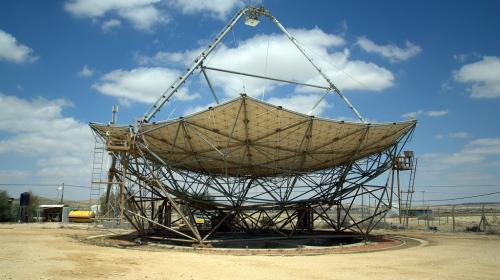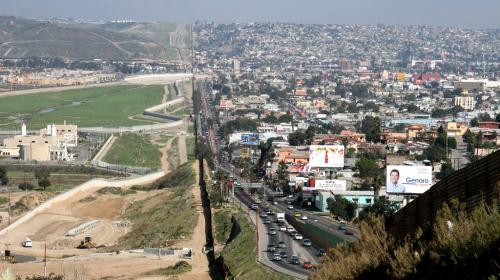The African Continental Free Trade Area Agreement constitutes an excellent strategy to develop Africa’s economy through its manufacturing sector, writes Aurelie Ngo Mambongo.
LA Mayor Eric Garcetti, Mexican Undersecretary for North American Affairs Jesús Seade, COMEXI, and the Pacific Council recently hosted the inaugural meeting of the Mexico-Los Angeles Commission (MEXLA), representing a rare level of collaboration between a foreign national government and a U.S. city government that will focus on deepening the cultural, economic, and people-to-people ties between the two regions.
Experts discussed territorial disputes in Crimea in the fourth installment of the 2019 Summer Teleconference Series.
If the United States is concerned about its fraying relationship with Turkey, it is time to reinvest in public diplomacy, ensure there is mutual listening, and increase educational and cultural exchanges, writes Senem Çevik.
Against the backdrop of an increasingly tense relationship between Mexico and the United States at the national level, the Pacific Council has pursued a special initiative to promote education and diplomacy between the neighboring countries at the subnational level.
The territorial disputes in the East and South China Seas hold geopolitical distinctions while carrying critical implications for U.S. interests, experts told Pacific Council members in the third installment of the 2019 Summer Teleconference Series.
The trade spat has driven home the danger of overreliance on Japanese imports—and not only for South Korea, writes Jongsoo Lee.
Future dependency on Israeli natural gas could change the political equation for many European countries that are currently critical of Israeli policies toward Palestinians, write Mieczysław Boduszyński and Jamie Levin.
In the regions which occupy either side of the border between Mexico and the United States, the physical and political issues surrounding water form a strikingly clear lens through which to view the relationship between the two countries, writes Seth Freeman.
“Jurassic Park” may serve as a lesson about unintended consequences for foreign policymakers, writes Xania Bytof.


